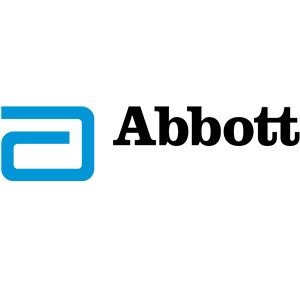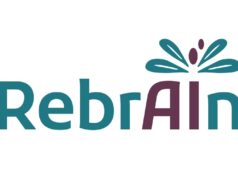 Abbott have announced that it has partnered with the National Institutes of Health (NIH) on the BRAIN (Brain Research through Advancing Innovative Neurotechnologies) initiative to accelerate advancements in neuroscience research. As part of the agreement, Abbott will provide the company’s neuromodulation technologies—including directional deep brain stimulation (DBS), spinal cord stimulation (SCS), and dorsal root ganglion (DRG) therapy—for research related to these NIH initiatives to explore their application for chronic pain and progressive movement disorders, such as Parkinson’s disease.
Abbott have announced that it has partnered with the National Institutes of Health (NIH) on the BRAIN (Brain Research through Advancing Innovative Neurotechnologies) initiative to accelerate advancements in neuroscience research. As part of the agreement, Abbott will provide the company’s neuromodulation technologies—including directional deep brain stimulation (DBS), spinal cord stimulation (SCS), and dorsal root ganglion (DRG) therapy—for research related to these NIH initiatives to explore their application for chronic pain and progressive movement disorders, such as Parkinson’s disease.
“The NIH is investigating the application of these devices for the treatment of a wide range of neurological and neuropsychiatric conditions and chronic pain,” said Nick B Langhals, programme director for neural engineering within the Division of Translational Research at the National Institute of Neurological Disorders and Stroke. “The neuromodulation technologies provided by Abbott will help us determine the inner workings of the nervous system to help fill gaps in our current knowledge of the brain and provide opportunities for exploring how the brain interacts with the human body in patients with neurological conditions.”
Abbott’s neuromodulation therapies have helped thousands of people with neurological conditions to continue living fuller lives while managing Parkinson’s disease, essential tremor and chronic pain. In addition to disrupting the marketplace with innovative therapies, Abbott continues to focus on enhancing the patient experience, such as integrating consumer-friendly technologies like mobile phones and tablets.
Neurological disorders and diseases present a significant burden to the US healthcare system, with over 100 million people experiencing at least one of the known neurological disorders. With age being a contributing factor to many neurological diseases such as Parkinson’s disease, this number is expected to increase by 2050.
Launched in 2013, the BRAIN Initiative looks to understand the functions of the human brain by researching and developing new uses for innovative technologies. Recently, the BRAIN Initiative assembled participants from contributing federal agencies, non-federal organisations, as well as members of the media, public, and Congress at its 5th Annual Investigators Meeting in Washington, DC, USA. The meeting provided a forum for discussing recent scientific developments and potential new directions in brain research and identified areas for collaboration and research coordination.
“Working together with scientists at the NIH will help us further validate our neuromodulation therapies and explore new avenues where they may benefit patients affected by devastating neurological conditions,” said Keith Boettiger, vice president, Neuromodulation, Abbott.









